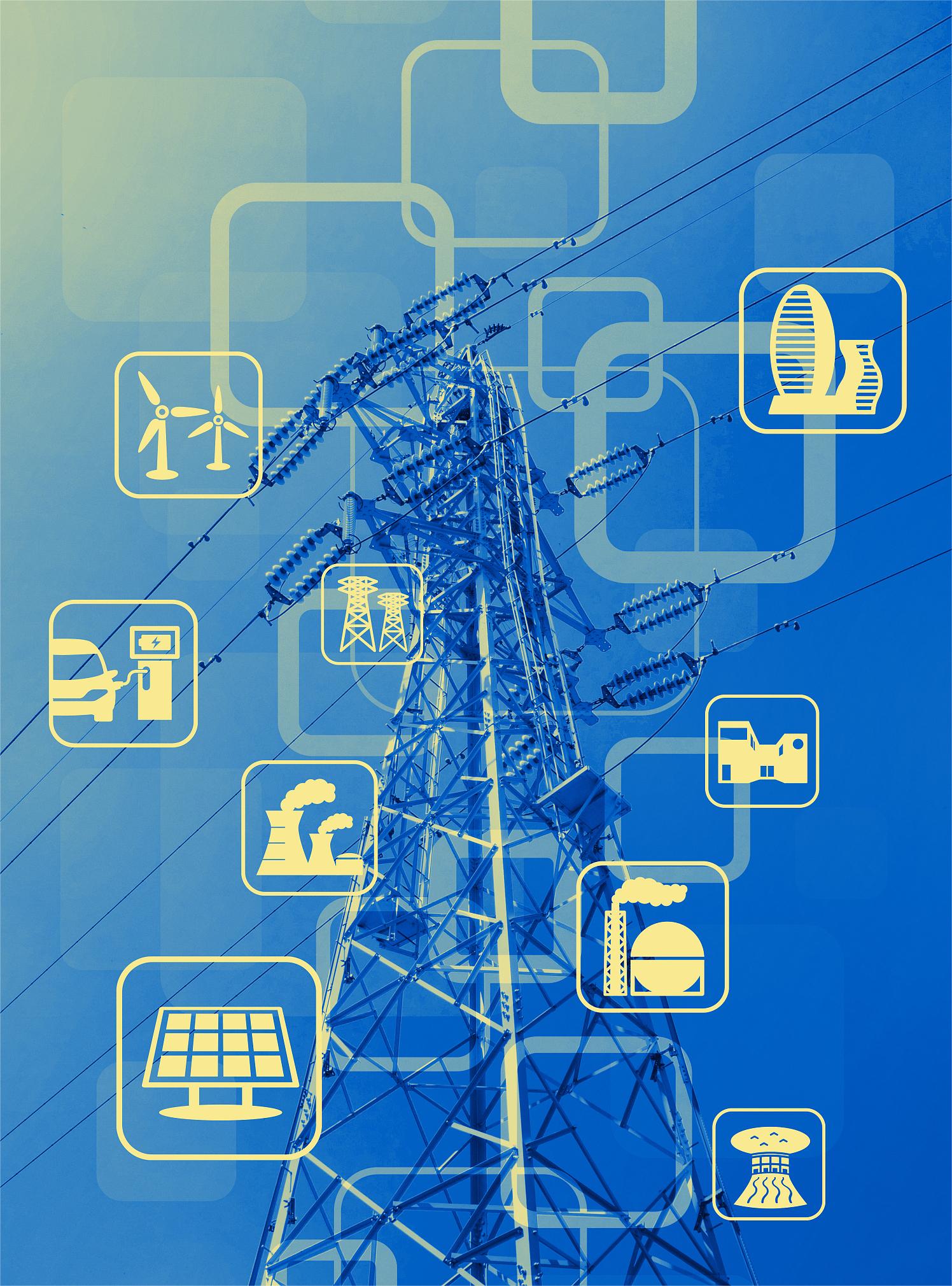
12 月 . 15, 2023 10:12 Back to list
Microgrids and Smartgrids in ASEAN
Microgrid energy storage and smart grids are becoming increasingly important in the Association of Southeast Asian Nations (ASEAN) region as a means to meet the growing demand for electricity. These smaller grids are especially valuable in remote areas where access to electricity is limited. ASEAN Member States (AMS),with their diverse geography of mountains,forests,and islands,have the opportunity to develop Microgrid energy storage and smart grids to increase electrification in these remote areas.
Microgrid energy storage and smart grids can be standalone systems,known as off-grid,or they can be integrated with the nearest national grid,known as grid-connected. There are,however,several challenges that need to be addressed in order for these smart grids to be successful. One of the key challenges is the lack of communication infrastructure,which is crucial for the smooth operation of these grids. Additionally,information technology,such as supervisory control and data acquisition (SCADA) capabilities and smart meters,is limited,especially for small consumers. The electricity market also poses challenges,with regulated government pricing and a non-competitive market hindering the development of smart grids. Furthermore,the unsteady supply from renewable energy sources is also a challenge that needs to be addressed.

Fortunately,there are several enablers that can help overcome these challenges and promote the development of smart grids in ASEAN. The development of communication infrastructure is essential to ensure the smooth operation of these grids. Improvements in SCADA capabilities and the proliferation of smart meters are also crucial to enable the efficient management of electricity distribution. Opening up the electricity market and implementing policies and regulations for dynamic pricing can also promote the development of smart grids. Additionally,providing incentives for renewable energy can encourage the use of clean energy sources in these grids.
Many AMS are already working towards developing their Microgrid energy storage and smart grids. Indonesia,Malaysia,the Philippines,Singapore,Thailand,and Vietnam have all included smart grid development in their national power development plans. Indonesia has several Microgrid energy storage in Nusa Penida,Baron Techno Park,and Morotai Island,as well as smart grids in Solo and Pondok Indah Jakarta,Smart Karimun Island,Smart Community Industrial Park Karawang,and Sumba Island. Malaysia has Microgrid energy storage in Banggi Island,Tanjung Labian,Bario,Kema,and Tanjung Batu Laut. Singapore has two Microgrid energy storage in Pulau Ubin and Jurong Island. The Philippines is planning to develop a solar Microgrid energy storage with a battery storage system in Talim Island. Thailand has partnered with Japan to build Microgrid energy storage in Energy Park,Rice Manufacturing Plant,and Three National Parks. Myanmar is also planning to build solar/diesel/battery Microgrid energy storage for 11 villages in the coming years.

The ASEAN Centre for Energy,in cooperation with the Korea Energy Economic Institute,is conducting a joint study on the assessment of Microgrid energy storage development in several AMS. This study is expected to provide valuable insights and serve as a reference for further developing Microgrid energy storage in the region to meet the growing electricity needs. With the potential to overcome challenges and the support of various enablers,Microgrid energy storage and smart grids have the potential to revolutionize the electricity sector in ASEAN,providing reliable and sustainable energy to remote areas and supporting the region's overall development.
Wishing you and your family a very merry Christmas.
Related products:
Self-Cooling-PW-164 Outdoor Distributed Energy Storage Cabinet- Power Type
https://www.acdcbess.com/self-cooling-pw-164-outdoor-distributed-energy-storage-cabinet-power-type.html
Will be removed if infringing
Reference website:https://aseanenergy.org
-
Unraveling the Power of EMS Energy Management Systems
NewsOct.23,2024
-
Unleashing the Potential of Power System Management and Smart Energy Solutions
NewsOct.23,2024
-
Smart Energy Mastery: Unleashing the Power of Controls
NewsOct.23,2024
-
Smart Energy Management: Unleashing the Power of Energy Management Systems and BMS Energy
NewsOct.23,2024
-
Powering Progress: ADMS, Intelligent Management & More
NewsOct.23,2024
-
Energizing the Future: Devices, Smart Management & Savings
NewsOct.23,2024


